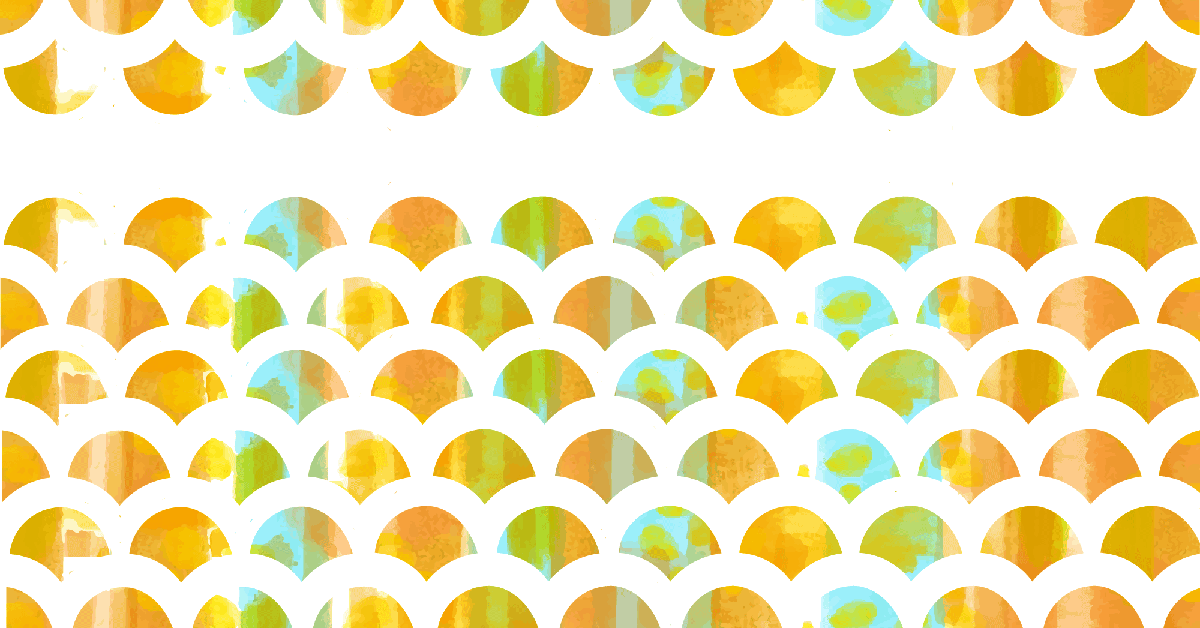Kickoff the Blog DEQUAL

Tervetuloa seuraamaan Luokkaistuva digiyhteiskunta -tutkimushankkeen (DEQUAL) etenemistä hankkeen blogiin. Tämä blogi on tärkeä hankkeemme reaaliaikaisuuteen ja vuorovaikutteisuuteen pyrkivä viestintäkanava.
Welcome to follow the progress of the research project DEQUAL (Capturing Digital Social Inequality). This blog is a focal agenda for communicating and informing.
The project DEQUAL explores how digital information and communication technologies implicate in social inequalities among youth. Finland represents a digital society developed on digi-technological imperatives, and with a young generation that is considered as ”digital natives” with competences and opportunities to benefit digitalization in their life-courses. Statistics still show ”digital divide” and unequal socio-material stratification among them. This project aims at: 1) analyzing mechanisms that produce digital social inequality among youth, and the ways young people living in three different localities benefit digital opportunity structures, 2 ) analyzing the practices of youth’s digital cultures and how they shape and also challenge unequal divides at regional life-spheres and digital environments, 3) analyzing both societal and life-course consequences of these asymmetries.
DEQUAL operates via sub-projects that give light to the issue from different perspectives: 1) ”digital upstairs, downstairs” captures understanding of processes that link Internet and the web to social inequality, and 2) ”lived digital practices” defines young people not only as victims of unequal structures but also active agents in their social and youth-cultural environments. The project combines qualitative and quantitative data in analyses of digi-cultural structures, practices, and meanings. The state of art is figured from numbers: by tracing structures of youth marginalization from statistics of education, participation, employment, and leisure. After this, structured web-questionnaire data are collected among youth born in 2005 from three localities, from where systematic forms of digital divide among digital opportunity structures are examined. Among these locally covering samples, young people with different backgrounds are invited for focus group interviews. Within these, selection is further made for individual life-course interviews, to reach also the experience level of meaning making for digital opportunities. The methodologies are supplemented by a multi-sited media ethnography to study digital cultures of youth’s everyday life. Ethnographic in-depth interviews with a scroll-back method and observations of digital practices are collected as well. Regional comparison is an important dimension of DEQUAL: the three research localities represent both materially and socio-culturally different environments to grow up in a digital society.